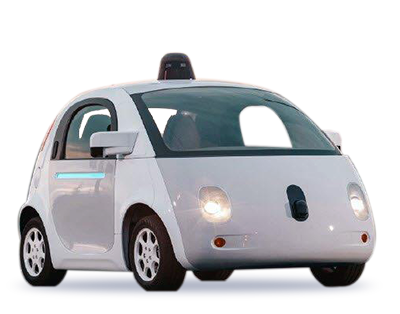
interactive site


Robots don’t drink
1.2m people die because of car accidents every year 40% of fatalities are related to drinking
Car accidents cost the USA alone US$871bn, or 9% of GDP
Connected 3D vehicle technology promises better use of road space
Driving takes up over 20% of an average person's working time
Journeys better spent reading, surfing the web, watching a film or chatting face-to-face
Provides disabled and elderly people who cannot drive access to convenient transport


